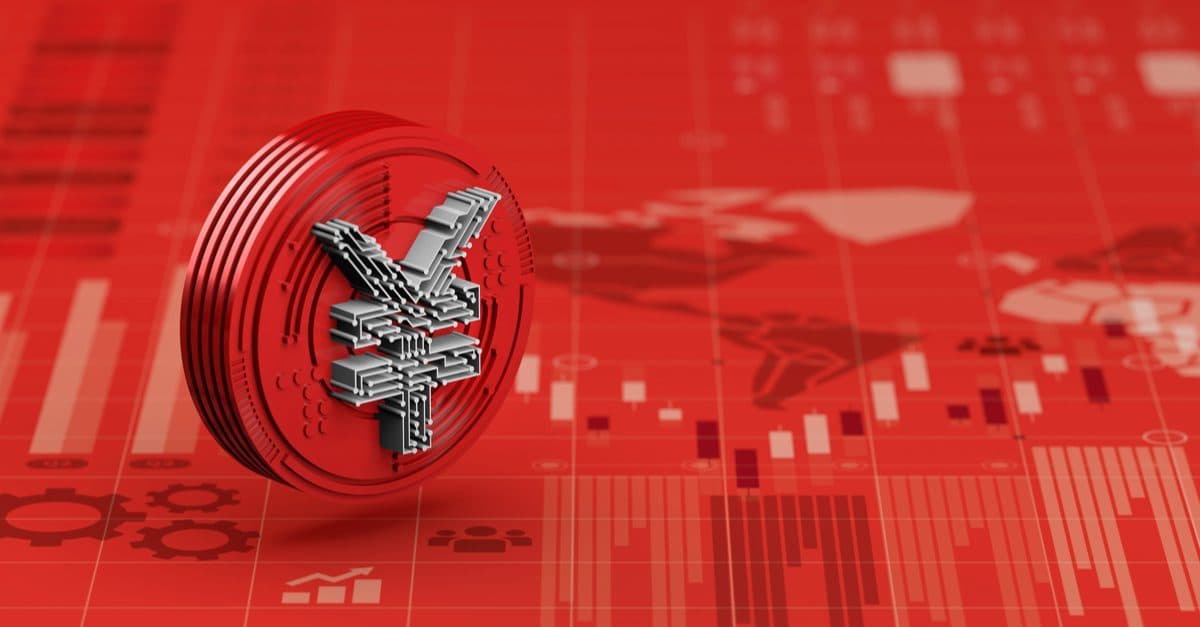China Expands 2017 Crypto Ban to Include DeFi, Savings Accounts
Various regulators reaffirmed support for the country’s cryptocurrency ban, and its scope expanded, but nothing fundamentally has changed between 2017 and today.

Source: Shutterstock
key takeaways
- Cryptocurrency in China remains banned, but a new mandate from authorities updates the scope to account for new products that didn’t exist in 2017 like DeFi and crypto savings accounts
- This is in sharp contrast to comments made earlier by Li Bo, deputy governor of the PBOC, where he called bitcoin an “investment alternative”
Bitcoin’s violent crash at the start of the Wednesday trading day was blamed on China’s continued crackdown on cryptocurrencies, but the reality is the fundamentals haven’t changed between 2017 and today.
Authorities in China recently adjusted policies regarding cryptocurrencies in-country, but bitcoin and other digital assets have long been banned in-country with regulators like the China Securities Regulatory Commission issuing guidance as early as 2014.
In a recent note, the China Internet Finance Association, China Banking Association, China Payment and Clearing Association, three self-regulatory industry trade groups, reiterated that they are in full compliance with prior People’s Bank of China edicts regarding cryptocurrency.
“Virtual currency’s prices have soared and plummeted recently, resulting in a rebound of speculative trading activities of virtual currency,” the report said. “It has seriously damaged the safety of the people’s investment and damaged the normal economic and financial orders.”
The report outlined that the three industry groups would prohibit their members from engaging in crypto-related business or providing services to firms in the industry.
“Financial and payment member institutions shall not provide services that relate to virtual currencies or directly and indirectly offer crypto-related services for their clients, including crypto trading, custody, lending and settlement; accepting virtual currencies as a payment tool; exchanging virtual currencies with the RMB,” the statement read.
The statement also reminded readers that “virtual currency has no real value support, and prices are extremely easy to be manipulated.”
It is also important to remember that the majority of crypto trading in China is done via person-to-person OTC markets. Holding digital assets like bitcoin isn’t illegal in China, in fact courts have reiterated support for it being considered a virtual asset under Chinese law but not a currency or financial product that the banking sector can interact with.
Binance, for instance, operates a P2P OTC exchange for the Chinese market that has many trading pairs denominated in Tether. Many exchanges, like OKEx, are operated by Chinese nationals and target the China market, but fly foreign flags of convenience — OKEx provides an address in Malaysia but has a corporate registration in Malta.
All the while blockchain technology remains a national research priority for China, and has been integrated into different technology verticals from supply chain to courts.
The price of bitcoin has since recovered since this morning’s crash, and is now at approximately $39,700.





